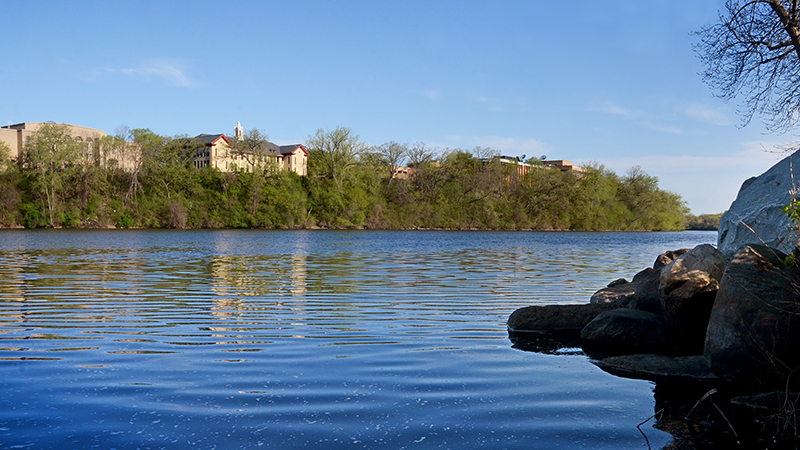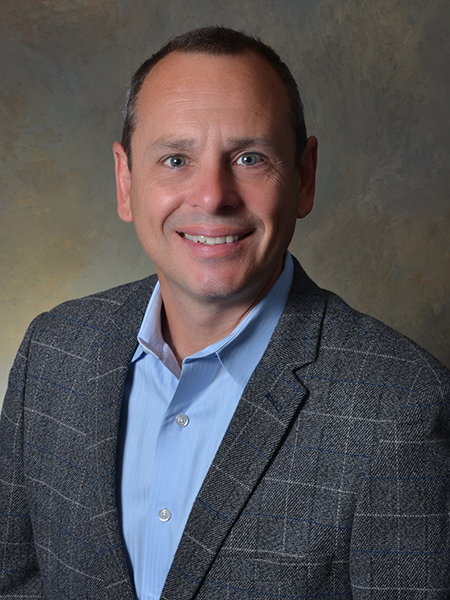Contact Us
Contact the CHGE

Center for Holocaust and Genocide Education
Email: chge@stcloudstate.edu
Phone: (320) 308-4205
In person: 235 Miller Center
Contact us to set up an appointment.
Meet the Interim Director
 Dr. Emil Towner, Interim Director
Dr. Emil Towner, Interim Director
Dr. Towner is the Interim Director of St. Cloud State University’s Center for Holocaust and Genocide Education (CHGE). As the Interim Director, he is responsible for developing programming with speakers, exhibits, films, workshops, study tours, and curriculum.
He earned his PhD from Texas Tech University with a dissertation on “Placing (and shaping) genocide on the public record.” As part of that research, he traveled to Rwanda for the 15th annual commemoration of the genocide, which included visits to the Kigali Genocide Memorial Museum, focus groups with Rwandans, and the collection of documents (transcripts, forms, etc.) from Rwanda’s Gacaca genocide trials. He has continued to research and publish on genocide rhetoric, public apologies, and reconciliation for injustices and atrocities.
As a professor at SCSU, Dr. Towner has co-directed student study tours to Warsaw and Berlin Holocaust sites (including the site of the Warsaw ghetto uprising as well as the Sachsenhausen concentration camp). He has worked with CHGE on various projects over the years, including the U.S. Holocaust Memorial Museum in Washington D.C.
Dr. Towner’s publications include:
- “Transcripts of tragedy and truth: An analysis of Rwanda’s genocide trial transcripts.” Atlantic Journal of Communication (2015).
- “Documenting genocide: The ‘Record of Confession, Repentance and Apology’ in Rwanda’s gacaca trials.” Technical Communication Quarterly (2013).
- “Apologizing for genocide: The subtleties significance, and complexity of contrition in Rwanda’s reconciliation.” Thinking and practicing reconciliation: Teaching and learning through literary responses to conflict (2013).
- “Quantifying genocide: What are we really counting (on)?” JAC (2011)
- “Truly public apologies: Third-party participation in Rwandan apologetic rhetoric.” Qualitative Research Reports in Communication (2010).
- “Apologia, image repair, and reconciliation: The application, limitations, and future directions of apologetic rhetoric.” Communication Yearbook 33 (2009).